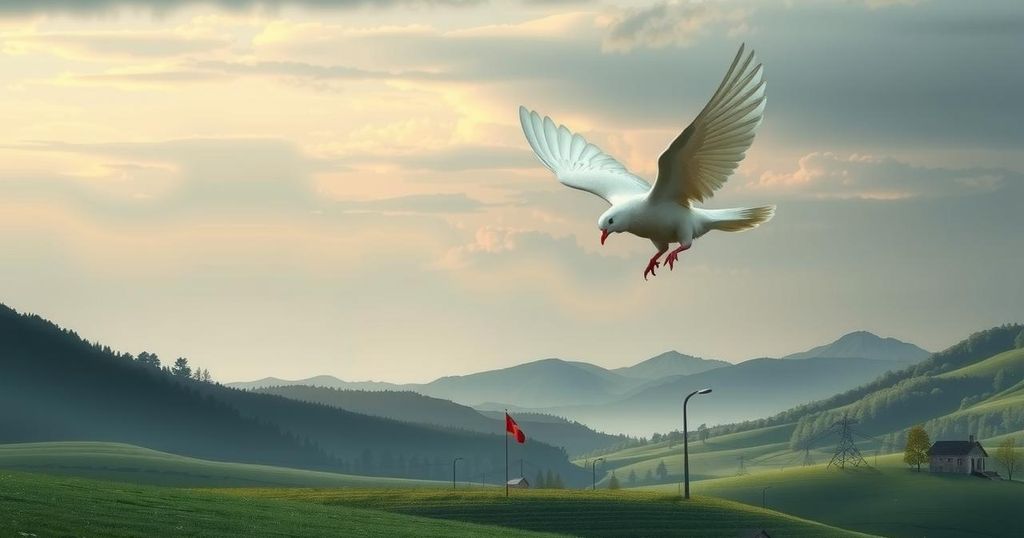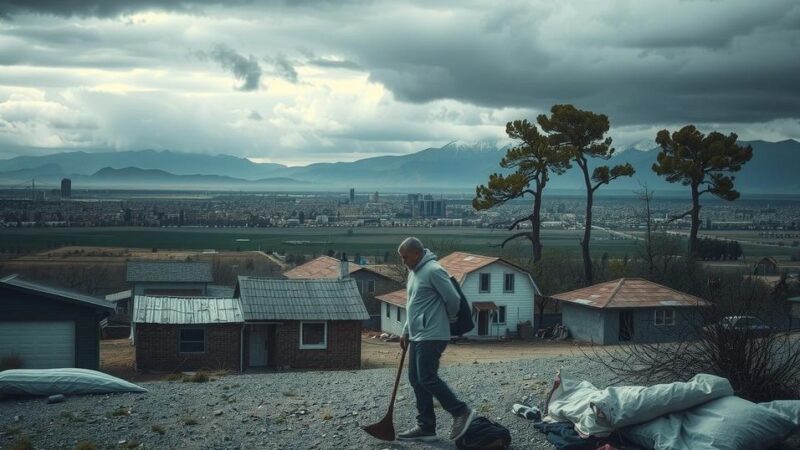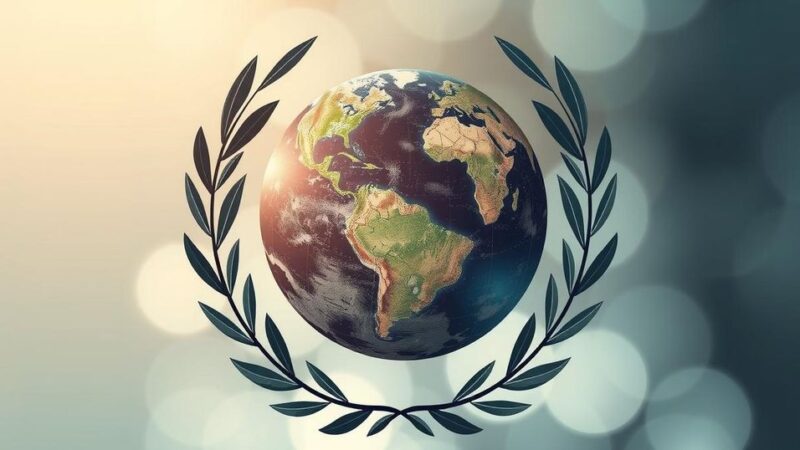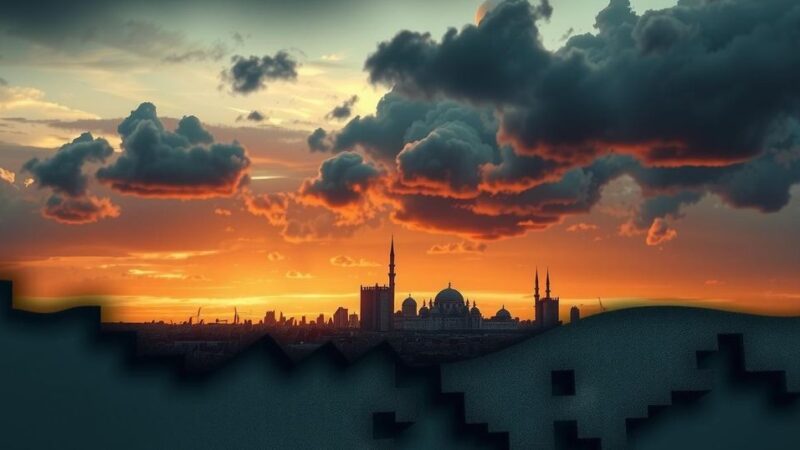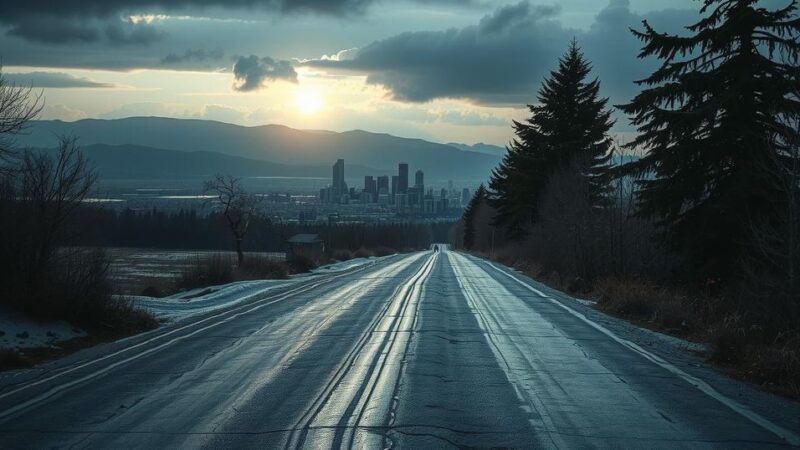Thirteen foreign peacekeepers, including nine South Africans, died in clashes with the M23 rebel group in DRC. The UN is evacuating non-essential staff as violence escalates. International leaders call for an end to fighting, while over 400,000 people have been displaced and local casualties rise. The conflict poses a severe humanitarian crisis exacerbated by allegations of Rwandan support for M23.
In the Democratic Republic of Congo (DRC), thirteen peacekeepers lost their lives during confrontations with the M23 rebel group. The South African military reported that nine of its soldiers were killed while attempting to repel a rebel advance towards Goma, along with three Malawian soldiers and one Uruguayan. The situation has escalated, prompting the United Nations to evacuate non-essential personnel from Goma, a city housing over one million inhabitants.
French President Emmanuel Macron highlighted ongoing diplomatic discussions with leaders from DRC and Rwanda amidst a growing international outcry to cease hostilities. Meanwhile, the UN Security Council has rescheduled a meeting to address the violence due to its escalation. The M23 rebels have urged Congolese soldiers in Goma to surrender to prevent further bloodshed, while DRC has accused Rwanda of harboring the insurgents.
The conflict intensified following the killing of a Congolese military governor by M23 fighters. The DRC has severed diplomatic relations with Rwanda, earlier accused of supporting the M23. As violence spreads, over 400,000 people have been displaced this year alone, with local leaders reporting that 200 civilians have died in areas seized by the M23, resulting in hospitals in Goma treating numerous casualties.
Martin Gordon, an Anglican bishop in Goma, remarked on the longevity of the violence, stating the populace is desperate for peace. Amid rising tensions, nations such as the United Kingdom, France, Germany, and the United States have advised their citizens to leave Goma urgently. Human Rights Watch has expressed concerns regarding heightened civilian risks due to hostilities, denouncing atrocities committed by both parties in the conflict.
The humanitarian crisis has been exacerbated by the unrest, with the M23 expanding its control over the resource-rich eastern DRC since 2021. The DRC and UN contend that the M23 operates with Rwandan support, a claim that Rwanda has neither confirmed nor denied. The M23 originated from a previous rebel faction in 2012, primarily to safeguard the Tutsi population facing past persecution. However, critics allege that Rwanda exploits the conflict for mineral extraction.
The M23 rebel group has rekindled conflicts in eastern DRC, where it operates largely in mineral-rich areas. Since its re emergence in 2021, M23 has significantly expanded its territorial control, subsequently overshadowing the humanitarian landscape with violence and displacement. The complex historical backdrop includes allegations of Rwandan support for the M23, echoing long-standing regional tensions stemming from the 1994 Rwandan genocide. These dynamics complicate efforts for peace and resolution, motivating international calls for immediate action to halt the conflict and safeguard civilians.
The recent fatalities among peacekeepers highlight the dire conditions resulting from the resurgence of the M23 in DRC. With civilian risks rising and diplomatic relations fraying, effective measures must be implemented to restore stability. International leaders continue to advocate for an end to hostilities, emphasizing the urgent need for a diplomatic solution to mitigate the humanitarian crisis and protect vulnerable populations.
Original Source: www.bbc.com

